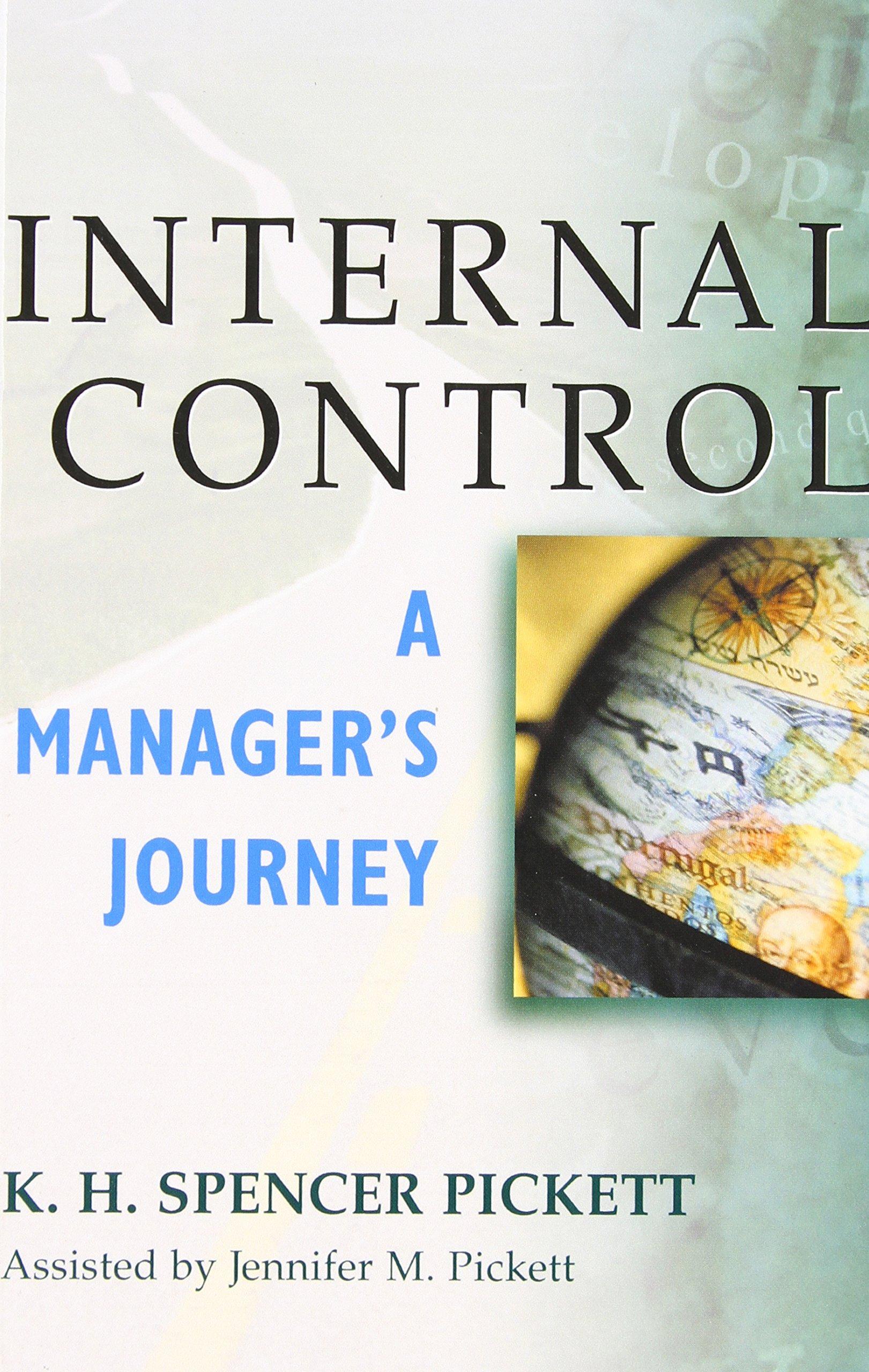End of Chalpl Answer True (T) or False (F): 1. A business owned by one person is called a corporation 3. Investment capital is the money needed to start a business. 4. When loaning money, the lender usually requires the borrower to -2. Inventory means the supply of products a store sells. have somethi ing of value to guarantee that the loan will be repaid. loans usually do not require collateral. ness 5. Unlike 6. In a general partnership, all partners are joint owners of the busi and are legally responsible for the business's debts 7. In a limited partnership, all partners share equally the decision- making power for the business. _ 8, Most businesses in the United States today are sole proprietorships. 9. Sole proprietorships tend to be small. 10. Sole proprietorships account for a very high percentage of retail sales in the United States today. 11. Owners of sole proprietorships in the U.S. are likely to be successful. 12. Most businesses organized as partnerships in the United States are small and require small amounts of investment capital. 13. Businesses offering professional services, such as doctors or lawyers, 14. Businesses often incorporate to raise more investment capital. 15. The owners of a corporation are called the board of directors. 16. In the eyes of the law, a corporation is treated as a separate individual. common examples of partnerships. are 17. Stockholders in a corporation receive bonds showing how many shares of the company they own. 18. A dividend is a share ofa company's profits paid to stockholders. 19. A mutual fund is a com 20. People who invest in stocks of a blue-chip company are guaranteed pany that buys stock in other companies. to make a profit on their investment. 89 corporations you might be interested ll1. Give me a call if you decide that buying stocks or bonds is the right investment Jones "Here are some dald co you. goes "you for you." what osing tocks. n that uying in the Think About It 1. What are securities? When 2. What is a stock exchange? fewer 3. Which stock exchange is the es are largest in the world? 4. What is meant by speculation? 5. What is the difference et. u ask. mar- between stocks and bonds? on. 6. Which investments are more risky, urities s you. rs de- ks, no stocks or bonds? Why is this true? 7. What is a mutual fund








